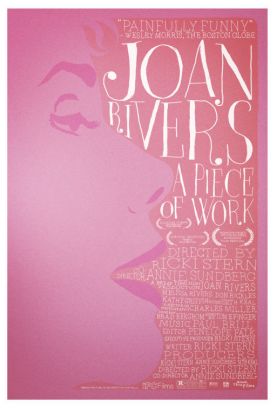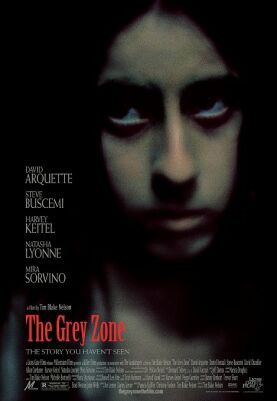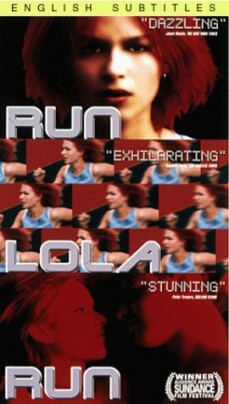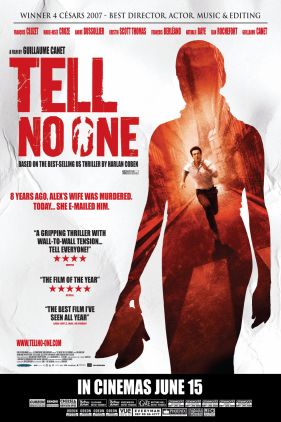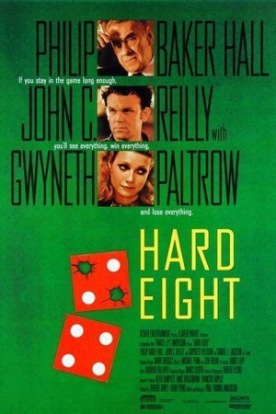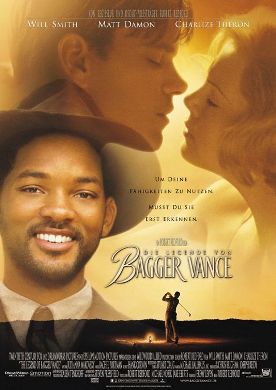Joan Rivers, A Piece of Work
Joan Rivers: A Piece of Work, a documentary by Ricki Stern and Annie Sundberg, opens with a very obscene but very funny joke by la Rivers, who at the age of 75 (at the time of filming two years ago) was still doing live stand-up comedy in seedy little clubs — and any other sort of gig she could get. To some kind of night club audience she recounts how her daughter, Melissa, received and rejected an offer to pose topless for Playboy at a fee of $400,000. The joke doesn’t really work without the obscenities, but let’s just say that mom, unlike daughter, will do anything, as she and various of her intimates tell us more than once in the movie, to put on a show that people will want to come to see. A self-described “work addict,” she says at one point, “You want to see fear? I’ll show you fear,” and holds up an appointment book opened to a blank page. Her own appointment book, reassuringly, is densely scribbled over.
“Joan will turn nothing down. Nothing,” says Billy Sammeth, her sometime manager from whom she is now estranged — because, according to a lawsuit he has since filed against her, her sacking of her oldest friend with obvious to-the-camera regret made a better story for this documentary. Even if that’s not true, just about everything else in her life is grist for the movie’s mill. Even her multiple facelifts are now made part of the Joan Rivers brand. “First I was the pioneer, then the poster girl, then the joke” of plastic surgery, as she cheerfully admits. It doesn’t seem to matter to her which of these she is, so long as it contributes to her iconic status in the public eye. That’s obviously something you need to bear in mind as you watch this movie, which is clearly yet another bid for public exposure — which is to say, as she herself is very frank about it, fame and money.
We have all grown used, by now, to the paradox of “Reality TV” — namely that, as soon as you put reality on TV it ceases to be real. In fact, I would go so far as to say that it becomes more unreal even than the sitcoms and scripted dramas that used to be on TV and maybe even more unreal than the news. Not that anybody cares very much about this. But one consequence of our willingness to go on living in this twilit world of unreal “reality” is that the need to discriminate between real and unreal — on which, in more primitive times, survival itself once depended — ceases to seem very important to us. I write not from some position of hypothetical superiority but as one who is himself as amazed and bemused by the confusion as anybody. In order to watch Joan Rivers: A Piece of Work, one has to be capable of living in this state for at least 84 minutes without going crazy, a feat that is probably within the capacity of most of us these days.
Sometimes, the perpetual performance reveals its variance from reality. Another joke, told to the club crowd come to listen to her stand-up routine, is about her staff. “I say to them, ‘Staff!’” she says, adding parenthetically, “I don’t learn their names because they’re like you: they come, and they go. I say, ‘Staff, I’m lonely. Who’s going to f*** me tonight?’” Being a slut, like being someone with multiple facelifts, is all part of the shtick, though the former, unlike the latter, seems patently nothing but a “bit.” At another point she tells a story against herself of how she once told a joke about the casting couch whose punch-line went: “I’m Joan Rivers, and I put out!” Jack Lemmon, who was in the audience, walked out, she claims, saying: “That’s disgusting.” Did it happen? It hardly seems to matter. The point is that the joke is only really disgusting if you’re naive enough to believe it’s true.
Another joke, as she shows us around her fabulous Manhattan apartment, goes: “This is how Marie Antoinette would have lived if she had had money.” Yet, at another point in the film she claims that, “Since 1968, they have been sending limousines for me, and I never step into one that I don’t thank God I am so chosen.” Is that part of the act too, or is it true? Elsewhere she confides, seemingly without self-conscious pathos, that “No man has ever told me I was beautiful.” How about that one? True or false? Or we see her on a radio talk show talking with the hostess about plastic surgery and the superficiality of appearances. Doesn’t she want someone to love her for her soul? asks the radio gal.
Joan Rivers replies: “I just want to be loved.”
I don’t know. That one I can believe, though it’s also a great joke — at least for the iconic Joan Rivers to tell. She tries to give to her workaholic habits and her lust for performing in public a sense of calling, even of mission. “Ask a nun why she’s a nun,” she says. “I had no choice.” But then, at another point in the show, when wearily descending into yet another night club, she claims: “If I had invested wisely, I wouldn’t be doing this.” Both things cannot be true, can they? If not, then all you can do is ask, which is the more Joanish?
In the end, the movie is an indispensable document for historians of America’s celebrity culture — though it doesn’t get us any closer than we ever have been to finding any grace or loveliness in that culture.
Discover more from James Bowman
Subscribe to get the latest posts to your email.

